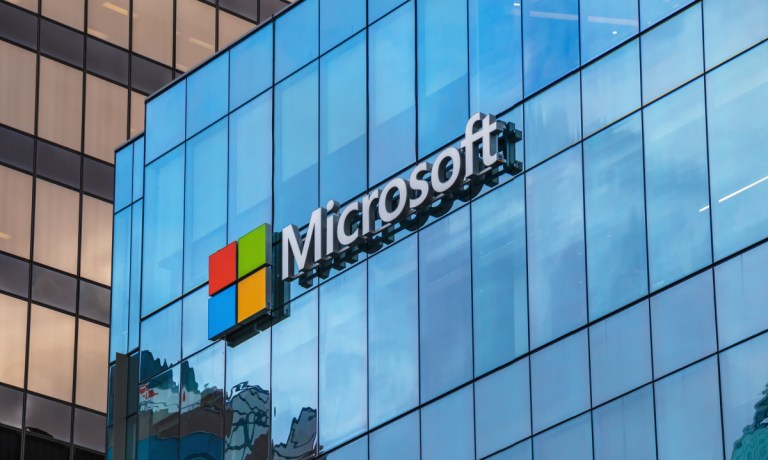Microsoft Invests $1.5 Billion in UAE AI Firm G42

Microsoft has invested $1.5 billion in Abu Dhabi-based artificial intelligence (AI) firm G42.
The investment is the latest in a series of collaborations for the company and marks the latest example of the United Arab Emirates’ (UAE) growing importance in the AI space.
“Building on the two organizations’ long-standing collaboration in AI and digital transformation initiatives, Microsoft’s investment deepens the reciprocal commitment to this strategic partnership,” the companies said in a Tuesday (April 16) news release.
“G42 will run its AI applications and services on Microsoft Azure and partner to deliver advanced AI solutions to global public sector clients and large enterprises.”
The two firms will also collaborate to bring advanced AI and digital infrastructure to nations in the Middle East, Central Asia and Africa, giving these countries “equitable access to services to address important governmental and business concerns while ensuring the highest standards of security and privacy,” the release said.
The partnership will also see Microsoft President Brad Smith join the G42 board, with the two companies creating a $1 billion fund for AI developers.
“Our two companies will work together not only in the UAE, but to bring AI and digital infrastructure and services to underserved nations,” said Smith. “We will combine world-class technology with world-leading standards for safe, trusted, and responsible AI, in close coordination with the governments of both the UAE and the United States.”
Earlier this year, OpenAI CEO Sam Altman said the UAE could serve as a “regulatory sandbox” to experiment with AI and develop global rules for its use. He stressed the need to test AI in a controlled environment before implementing regulations.
A report by Bloomberg News at the time said the UAE’s ties to China have raised some alarms in the U.S. G42 has said it would reduce its presence in China to address those concerns.
Meanwhile, PYMNTS wrote last month about AI’s potential to reshape industries and drive economic expansion in the Middle East, pointing to a PwC study that forecasts that by 2030, the region could capture 2% of AI’s total global benefits, amounting to roughly $320 billion.
“Successful AI development efforts could not only lead to a wave of local creativity and innovation such as new startups, and attracting generation of students to the field, but could spread the resulting prosperity across the region, countering local disbalances and democratizing the knowledge economy to attract the brightest minds,” geopolitical analyst Irina Tsukerman told PYMNTS in an interview.